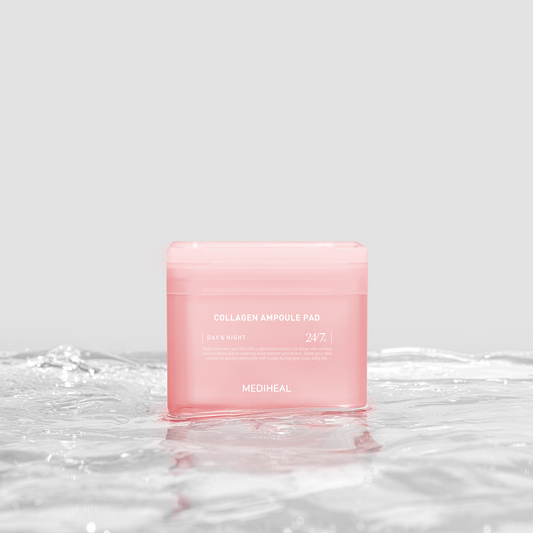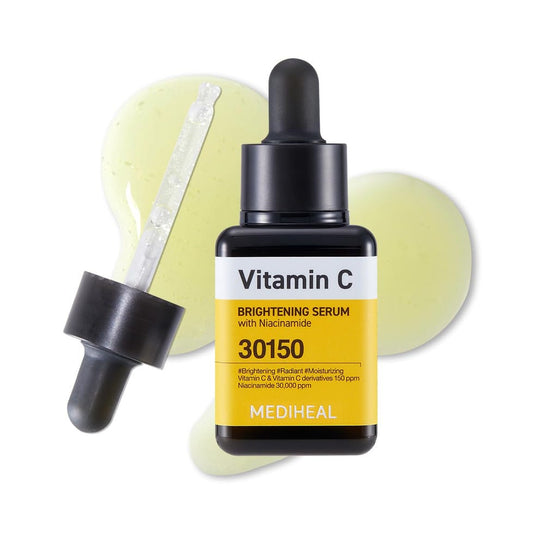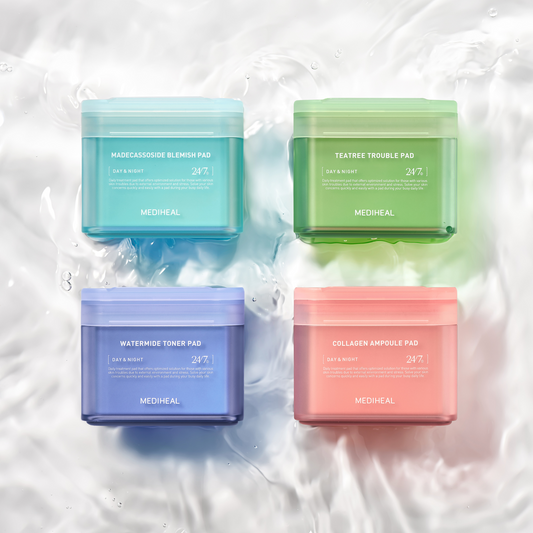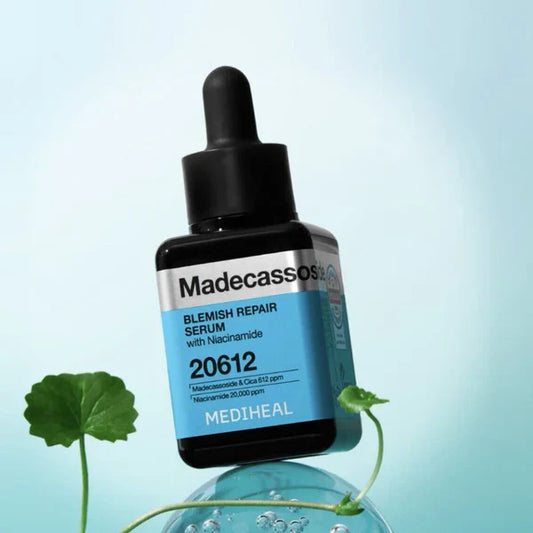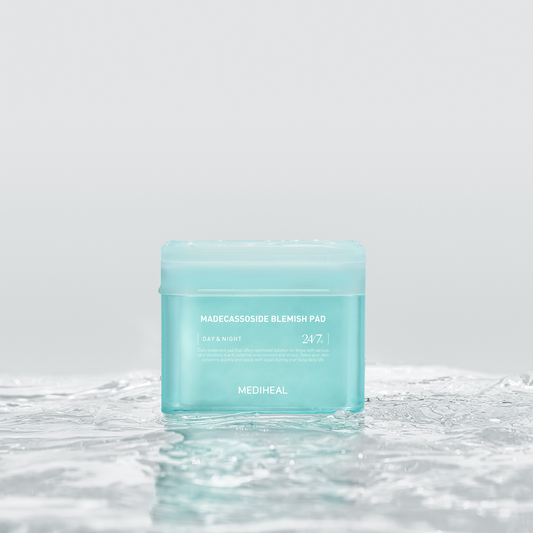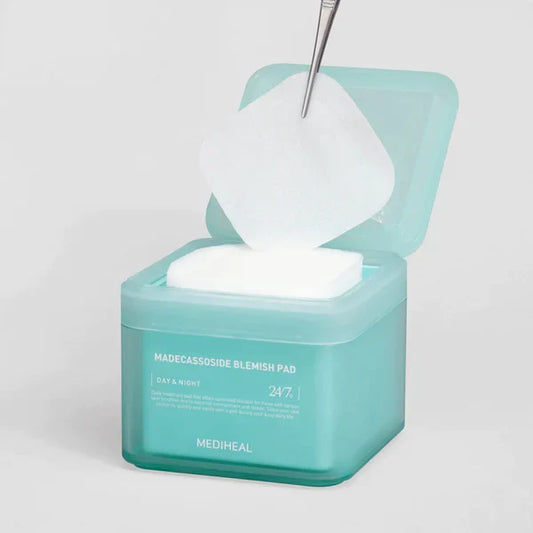Share
Korea is a mecca for all things skin care, thanks in part to discerning, skin-savvy customers. To meet consumer expectations, the best Korean face mask offerings have to check plenty of boxes—which is why they “include the use of unique and innovative ingredients, focus on hydration and repair, and use advanced sheet mask technology,” says Y. Claire Chang, MD, a board-certified dermatologist at UnionDerm in Manhattan.
...
Best for Dull Skin: Mediheal Vita Essential Mask

- Why We Love It: While Dr. Chang likes many of Mediheal’s sheet masks—with options available to address every skin concern—this is one of her favorites. For one, it’s infused with three types of vitamins to help brighten and repair skin. Plus, “it is made out of a bamboo-derived hypoallergenic vegan sheet that is hydrating and soothing on the skin,” she says.
- Key Ingredients: Vitamin C, vitamin E, niacinamide
- Type: Sheet mask
- Size: 10 masks
...
Should I use a sheet mask or a face mask?
It depends on your personal preference. Sheet masks are especially good for hydration. “Sheet masks are soaked in serums that provide intense hydration,” says Dr. Chang. They’re individually packaged, precut sheets infused with a high concentration of active ingredients, meaning they can offer immediate, if temporary, results.
However, some ingredients, such as clay and albumin, don’t lend themselves to sheet masks, since their intention is to clarify rather than hydrate. In that case, a traditional rinse-off face mask might be preferable.
What to look for in a Korean face mask
First, there’s the format of the mask: It may be a sheet mask, sleep mask, or one that you rinse off after 10 or 15 minutes, depending on the formula. The choice is partly a matter of personal preference, as well as your goal, since some types of masks are better at addressing certain concerns. “Given the widespread use of face masks in Korea, there is an extensive selection of masks to choose from, with masks targeting a wide range of skin concerns and containing a variety of ingredients,” says Dr. Chang. “This allows for customizability and personalization.”
How often should you use a face mask?
Frequency depends on your lifestyle, budget, skin concerns, and goals. Ultimately, “the key is to listen to your skin and choose masks based on what it needs: hydration, soothing, or brightening,” says Cho.
Sheet masks can be used daily (although that may depend on the ingredients), whereas sleep masks “can be used as often as a night cream: two to three times a week or nightly if it’s a gentle, barrier-focused formula,” she says.

